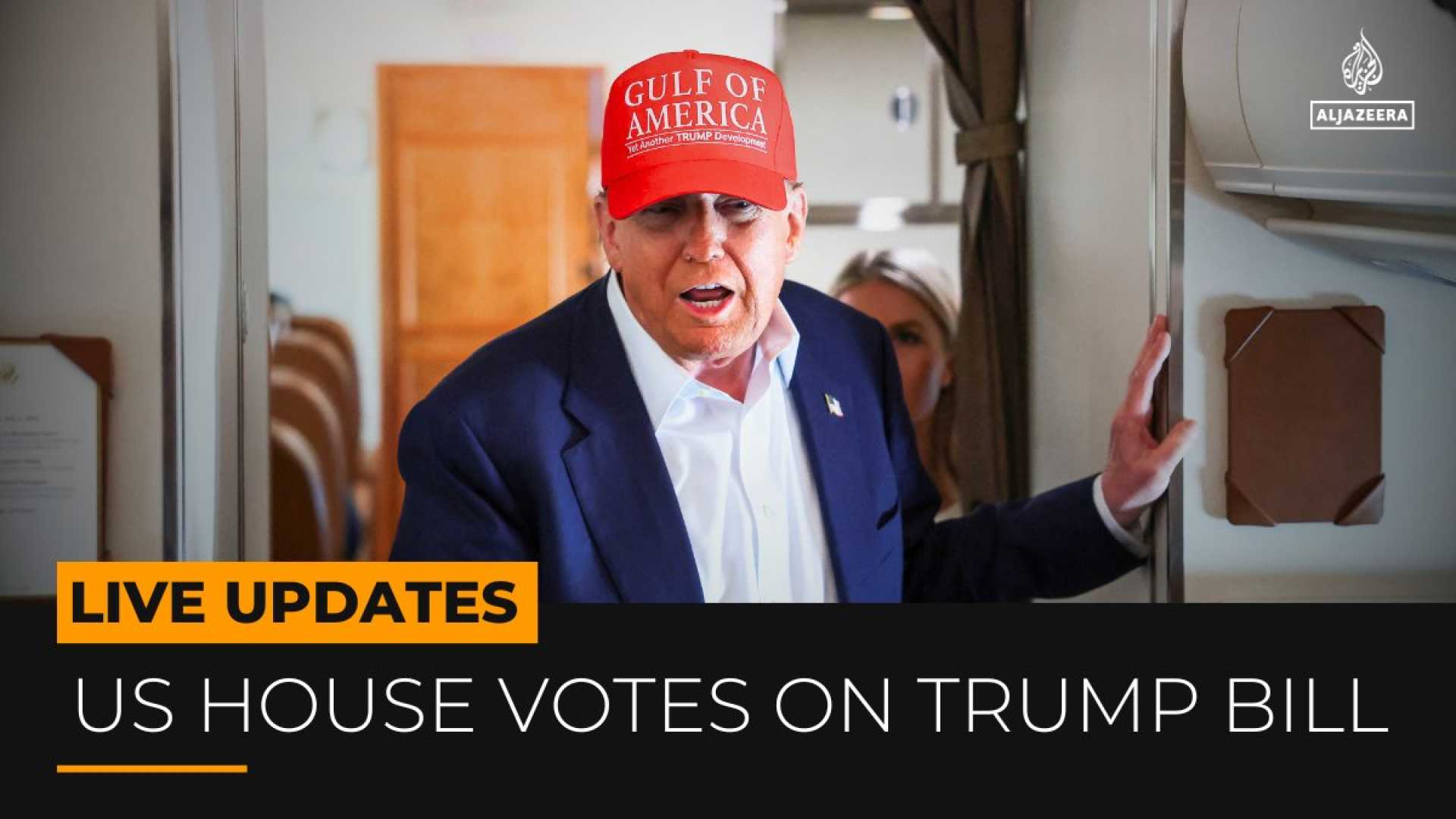Politics
Trump’s Controversial Bill Faces Backlash from Voters and Politicians

HARRISBURG, Pa. — President Donald Trump’s sweeping tax and spending bill, dubbed the “One Big Beautiful Bill,” passed the House on Thursday, but not without significant Republican dissent and widespread unpopularity among the electorate.
Two Republican congressmen, Thomas Massie of Kentucky and Brian Fitzpatrick of Pennsylvania, joined all Democrats in opposing the legislation. The bill, which extends tax cuts and increases defense spending, is expected to have serious consequences for programs like Medicaid and the Affordable Care Act.
Fitzpatrick, who initially supported the House version, changed his vote due to amended provisions that included deeper cuts to Medicaid. He expressed concern over the negative impact these changes could have on his constituents, stating, “The Senate’s amendments to Medicaid, in addition to several other Senate provisions, altered the analysis for our PA-1 community.”
Pennsylvania Republicans who voted in favor of the bill now face a challenging political landscape as polling indicates a strong opposition to the legislation among voters. A recent Quinnipiac poll shows that 53% of voters oppose the bill, with only 27% expressing support.
Senator Thom Tillis, a Republican from North Carolina, voiced his disagreement on the Senate floor, asserting that the bill contradicts Trump’s promises to support Medicaid recipients. He stated, “I’m telling the president that you have been misinformed. Supporting the Senate mark will hurt people who are eligible and qualified for Medicaid.” Tillis later announced he would not run for reelection.
Democratic leaders see potential opportunities to win back seats in the 2026 elections. Suzan DelBene, chair of the Democratic Campaign Committee, noted that the vote could be pivotal for vulnerable House Republicans. “This Big, Ugly Bill is a laundry list of Republicans’ betrayal to the American people,” she said.
While Republicans argue the bill will curb fraud and create jobs, they face scrutiny over Medicaid changes that target low-income recipients. Democratic operatives have highlighted that more than 12 million individuals could lose healthcare coverage if the bill takes effect, characterizing it as cruel and possibly deadly for working-class Americans.
Representative Ryan Mackenzie of Pennsylvania defended his vote, emphasizing the historic tax relief and reforms the bill provides, despite not addressing whether he thought the projected 11 million loss in health insurance coverage among recipients was justified.
Governor Josh Shapiro of Pennsylvania, a Democrat, criticized Republican lawmakers who supported the bill and detailed the consequences for their constituents, including potential cuts to essential programs like SNAP. He remarked, “If you do [vote for the bill], you are doing so knowing the consequences it will have across Pennsylvania and in your districts.” The rhetoric from leaders on both sides underscores the contentious nature of the bill as it prepares to take effect, further complicating the political dynamic leading into the next election cycle.












